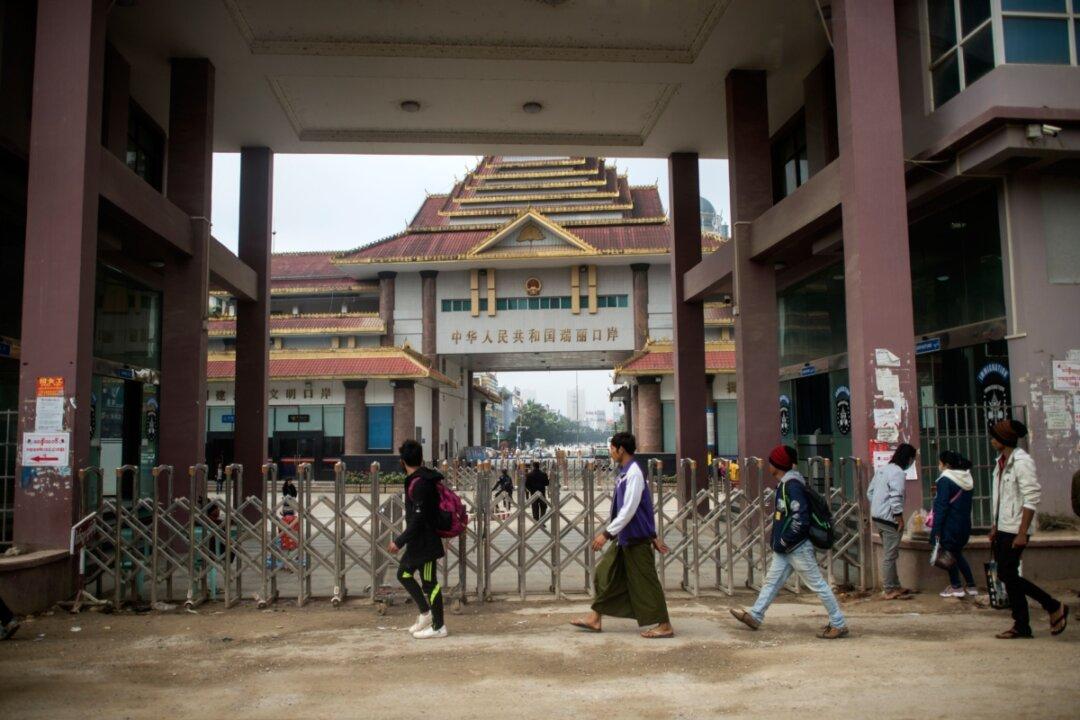The crime action movie “No More Bets” has been a hit in Chinese theaters this summer for portraying Chinese cybercrime in Burma. Criminal syndicates reportedly lure and kidnap Chinese citizens and force them to work for cybercrime groups, which allegedly have ties with the Chinese Communist Party (CCP), according to a U.S. report.
According to data released on Aug. 28 by Maoyan, China’s most prominent movie box office analysis platform, “No More Bets” has consistently topped ticket sales for the fourth consecutive weekend with gross revenue exceeding 3.4 billion yuan (about $467 million).





